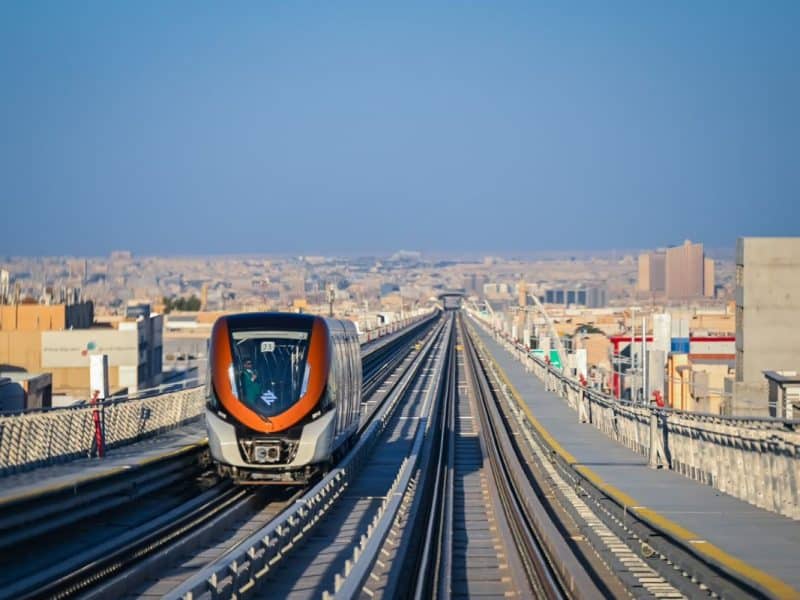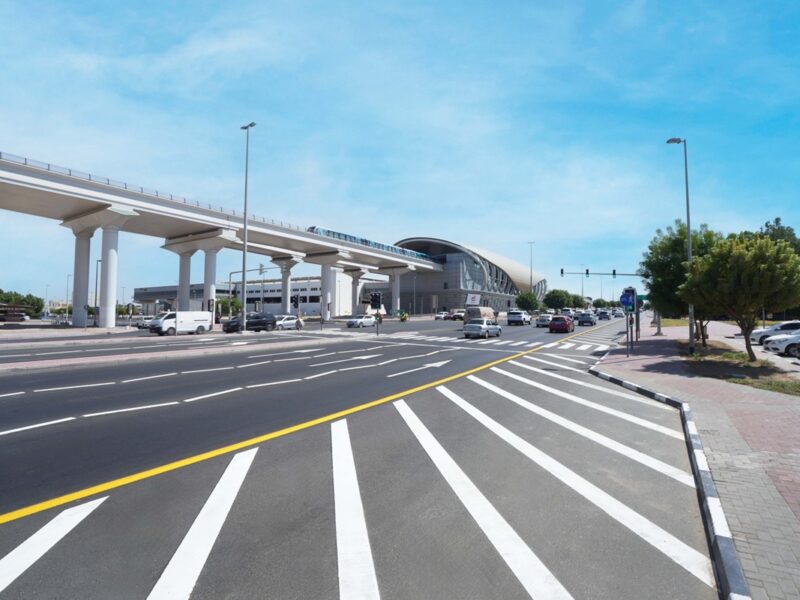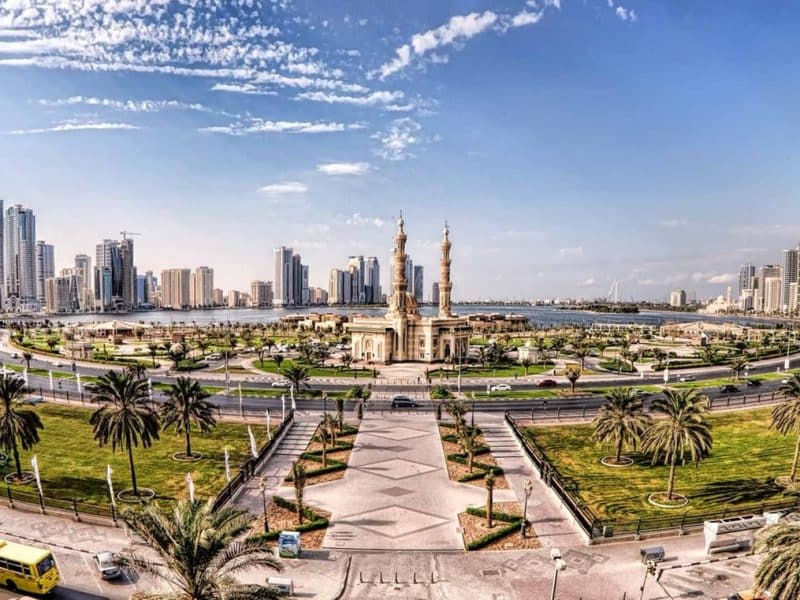As the year we celebrated our tenth anniversary, 2013 marked a major milestone for Air Arabia, and will live long in the memory of the airline. In the decade since we began operations, the aviation industry in this part of the world has changed beyond all recognition.
Back on 28 October 2003, when our first flight took off from our primary hub in Sharjah to Manama in Bahrain, few associated the Middle East with the aviation industry. The contrast with perceptions today could not be starker, with this region now widely viewed as the fastest growing aviation market in the world.
The year 2013 was not without its challenges. Economic strife in Europe, slowdowns in the BRICs, the depreciation of the rupee in India, and ongoing political unrest in parts of the Middle East all provided stern tests, while fuel costs remained stubbornly high. Despite this, according to IATA forecasts, airlines in the Middle East will still have registered a net profit of $1.6bn in 2013, with the new year set to be even better.
At a time when mature aviation markets struggle, the Middle East aviation sector is seen as a beacon of hope for the wider industry. This was echoed recently by Tony Tyler, global chief of IATA, when he cited the Gulf as a model of industry-government cooperation,which has created an effective regulatory regime aligned to global standards.
This spirit of cooperation was perhaps no more evident than during Dubai’s successful bid to host Expo 2020, an achievement that further acknowledges the UAE’s standing as a global aviation and tourism hub. This well deserved win will encourage millions more innovators and experts to travel to the UAE and surrounding region. Allied to increased optimism about the potential for oil price stability, and an anticipated uptick in business and leisure travel, the fundamentals are in place to deliver an excellent year for the region’s airlines. So, in 2014, as we enter our second decade of operations, we remain full of optimism. We also remain fully focused on our purpose to launch new ventures and expand our presence to many exciting destinations, further enabling millions of passengers to connect with new people and cultures.
Aviation is no longer simply an enabler of economic growth in the Middle East, it is now a major contributor, providing hundreds of thousands of skilled jobs and generating billions each year in revenues.
Underpinned by strong economic fundamentals, increasing passenger demand, and world-class airport infrastructure, this contribution can only increase in 2014.








